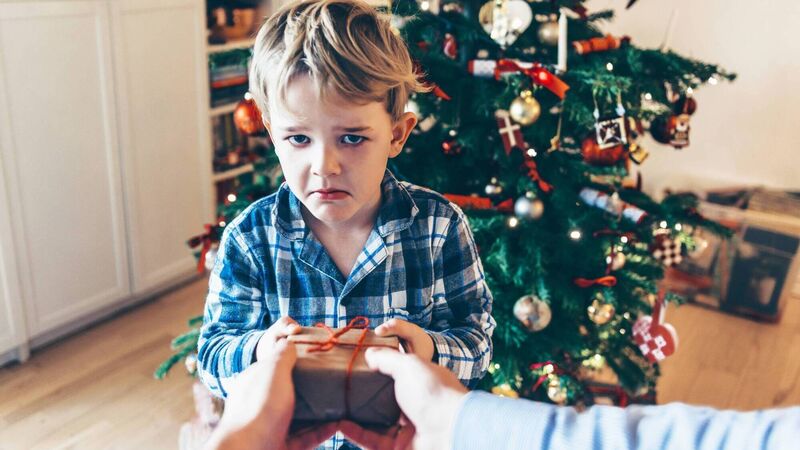'Safe Ireland survivor fund meant my family could still have Santa'

Safe Ireland provided the money for Mary to give her traumatised children some sort of Christmas.
Mary (not her real name) grabbed her young children and ran from her abusive partner one night, powered by adrenaline and terrified that if she waited until the morning, she might never find the strength to leave.
She had little more than her children, the clothes on their backs and some plastic spoons she bought on route to their new, empty home.














